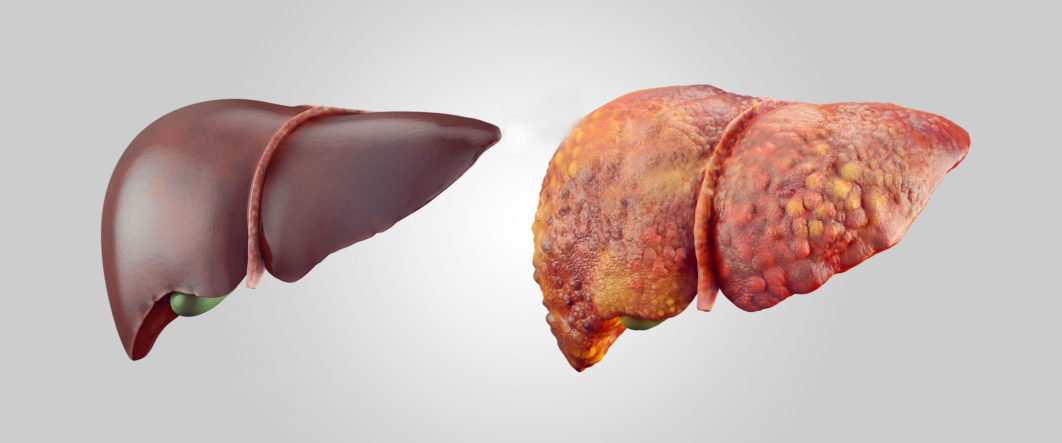Hepatitis is the inflammation of the liver chiefly caused by viruses but may be caused by other factors like alcohol, drugs, toxins, malaria, yellow fever and autoimmune disease. The liver is the largest organ in the body. It helps digest food, store energy and removes poisons.
Viruses that cause hepatitis are named from A to G. Hepatitis is usually lifelong with possible progression to cirrhosis or liver cancer. It is often silent and can become an epidemic.
The five main hepatitis viruses, types A, B, C, D and E, can cause severe illness, death and outbreaks. Viral hepatitis affects 325 million people globally and around 20 million Nigerians, leading to 1.34 million deaths every year.
[ad]
About 85% of people living with hepatitis globally are unaware of their status. This results in fatal liver disease, cancer or the transmission of the infection to others.

Hepatitis A Virus (HAV) is present in the faeces of infected people. It is most often transmitted through consumption of contaminated water or food. It is commonest in children and people in areas of the world with poor sanitation.
[related ids=”640807″]
Symptoms seen may include fever, malaise, anorexia, nausea, joint pains and abdominal swelling. The disease may resolve in a few days, but treatment is advised as it may be severe and life-threatening in some cases. Travellers heading into countries with Hepatitis A should be immunised.

Hepatitis B Virus (HBV) is the most common. It is commonly spread via blood, blood products, semen and other body fluids. It can be transmitted from a mother to her child during childbirth and from sharing needles or sharp objects. It is responsible for about 900,000 deaths worldwide every year.
Most people do not experience any symptoms during early infection but go on to develop a long-term infection that may be fatal. Early symptoms may include jaundice, dark urine, extreme fatigue, nausea, vomiting and abdominal pain. Vaccination is available for HBV as part of the National Immunisation Schedule.

Hepatitis C virus (HCV), like HBV, is mostly transmitted through exposure to infected blood, through transfusions and contaminated injections. Usually, the disease has no symptoms in early infection.
However, those infected may develop a fever, fatigue, decreased appetite, nausea, vomiting, abdominal pain, dark urine, grey-coloured faeces, joint pain and jaundice.
Globally, around 71 million have chronic hepatitis C and a large number of those may develop liver cirrhosis or cancer. It is advised to get tested. Early detection and treatment lead to better outcomes. There is currently no vaccine for HCV but treatment is successful in over 90% of all cases.

Hepatitis D virus (HDV) infections occur only in those who are infected with HBV, often resulting in a more serious infection with worse outcomes. The vaccine for HBV provides protection from HDV also.
Hepatitis E virus (HEV), like HAV, is mostly transmitted through consumption of contaminated water or food. It is commoner and associated with more epidemics than HAV. HEV is a common cause of hepatitis outbreaks in developing parts of the world like Nigeria. Vaccines are available to prevent disease.
[ad unit=2]








